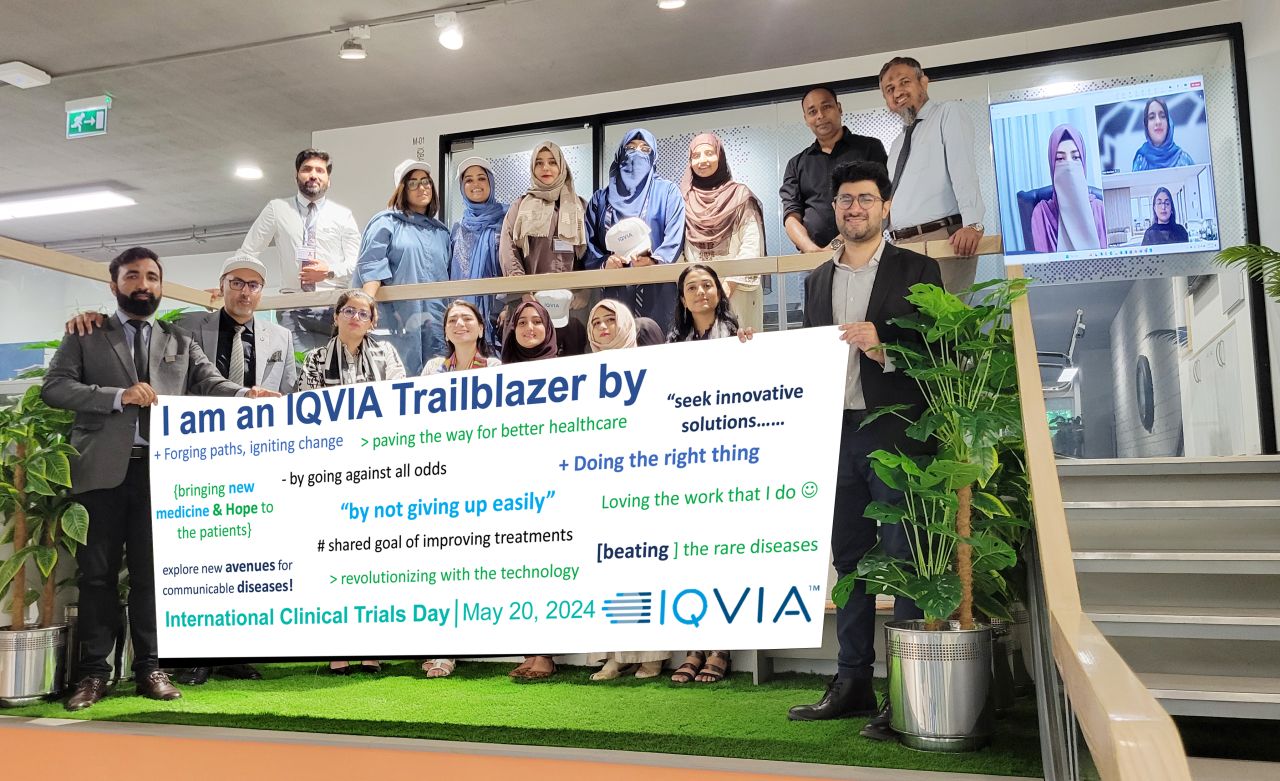Ultra-processed foods include ready-made meals and packaged snacks like chips or cookies. Alexander Spatari/Getty Images
- A new study found that consuming ultra-processed foods may be linked to a slightly higher mortality risk.
- Ultra-processed foods include a wide variety of items including instant noodles, ready-made meals, and other packaged snacks like chips or cookies that have been processed industrially.
- Previous research suggests that ultra-processed foods account for up to 58% of daily calorie intake in high-income countries like the United States.
Consumption of ultra-processed foods like ready-to-eat meat, poultry, and seafood products, sugary drinks like sodas, dairy-based desserts, and processed breakfast cereals or other foods, may be linked to a slightly higher risk of early death, a new study found.
The study, published in The BMJ Trusted Source on May 8, examined data from two surveys that both spanned more than 30 years: 74,563 female registered nurses from 11 states in the U.S. who participated in the Nurses’ Health Study from 1984 to 2018, and 39,501 male health professionals from every state who participated in the Health Professionals Follow-up Study from 1986 to 2018. The participants had no history of cancer, cardiovascular diseases, or diabetes when the studies started, and they submitted information about lifestyles and health every two years and diet information every four years.
Overall dietary quality was assessed using the Alternative Healthy Eating Index-2010 (AHEI) score.
Over the period of consistent follow-ups, researchers identified 48,193 deaths:
- 13,557 due to cancer
- 11,416 due to cardiovascular diseases,
- 3,926 due to respiratory diseases
- 6,343 due to neurodegenerative diseases
Participants’ consumption of ultra-processed food was divided into quarters. Compared to those in the lowest quarter, those in the highest quarter, with a median intake of about 7 daily servings, had a 4% higher risk of death from any cause. They also had a 9% higher risk of death from causes other than cardiovascular disease or cancer, including an 8% higher risk of death related to neurodegenerative diseases.
Ultra-processed foods also include instant noodles, ready-made meals, and other packaged snacks like chips or cookies have been processed industrially, with added flavors and colors, and have high amounts of salt, fat, and sugar and low amounts of vitamins and fiber that are essential to a healthy diet.
Researchers did not indicate causality, only association, and they do not recommend an absolute elimination of such foods from anyone’s diet. But “the findings provide support for limiting consumption of certain types of ultra-processed food for long term health,” they write. “Future studies are warranted to improve the classification of ultra-processed foods and confirm our findings in other populations.”
As noted in a study published in February Trusted Source of this year, the consumption of ultra-processed foods accounts for up to 58% of daily calorie intake in high-income countries like the United States. Middle- and low-income countries have also notably increased their consumption of them in recent years.
The people who ate more of these foods were at increased risk for depression, type 2 diabetes, and death related to heart disease.
Mingyang Song, MD, an associate professor of clinical epidemiology and nutrition at the Harvard T.H. Chan School of Public Health and one of the study authors, told Health line that the direct association with ultra-processed foods and cancer is hard to pin down. He pointed to a study from last year Trusted Source that examines the connection.
“UPF [ultra-processed food] is just one component of the overall diet, which has not yet been strongly associated with many cancers due, possibly, to a combination of methodological and biological issues. Methodologically, diet (esp. UPF) is difficult to assess, especially when it comes to cancer for which long-term exposure is likely to be critical and can be more difficult to measure with high accuracy,” Song said. “Also, diet is intricately related to other lifestyle factors, making it difficult to identify the independent causal effect of diet. Biologically, we may not yet capture the critical time window during diet [that] can be particularly important for cancer, again because it takes years or even decades for cancer to develop.”
David Cutler, MD, board certified family medicine physician at Providence Saint John’s Health Center in Santa Monica, CA, told Health line that there are a number of factors in the consumption of ultra-processed foods that can create conflicting results in studies about cancer.
“One possible explanation is that some ultra-processed foods might actually offer protection against cancer and cardiovascular disease. A common candidate for this assumption is dark chocolate which has high calories, low nutritious value but an association with lower cardiovascular mortality. So, while most ultra-processed foods might lead to higher mortality, some may lead to lower mortality, confounding the study results,” Cutler said. “Another explanation lies in the association between consumption of ultra-processed foods and neurodegenerative diseases like multiple sclerosis and Parkinson’s disease. Respiratory diseases also seem to be increased in those with diets high in ultra-processed foods. So, these other causes of death may be more marked than the more common cancer and cardiovascular deaths.”
When the researchers considered the overall quality of participants’ diets, the link between eating more ultra-processed foods and an increased risk of death became weaker, highlighting the importance of considering the nutritional quality of foods, not only their level of processing.
Additionally, the researchers found that certain subtypes of ultra-processed foods had the strongest associations with increased mortality risk. These foods included meat, poultry, and seafood-based ready-to-eat products.
The study authors didn’t recommend a full exclusion of ultra-processed foods from any diet, saying that a balanced diet was the optimal one for overall health and wellness. Cutler said that one of the greatest risks for bowel cancer is processed meats, but also suggested that it’s generally not recommended to consume a lot of anything that’s been heavily processed.
“While there seems to be a strong association between bowel cancer and processed meats, no other close association between specific causes of cancer and specific diets have been identified. This makes it challenging to conclude that any specific diet holds a marked advantage over another. The emphasis should be on adhering to a diet that prevents obesity (fewer calories), heart disease (by lowering cholesterol and blood pressure), diabetes (less sugar), and bowel cancer (avoid processed meats),” Cutler said. “Even though the mortality effect of a diet high in ultra-processed foods is modest, the importance of avoiding sugary and poorly nutritious foods, especially in children, needs to be emphasized. There are many adverse health outcomes in addition to death which can [be] avoided by following a prudent diet which is low, but not necessarily totally avoiding ultra-processed foods.”
A new study that examined data from two different surveys that spanned more than 30 years found that consumption of ultra-processed foods was associated with a slightly higher risk of death.
Consumption of ultra-processed food was divided into quarters; the highest quarter, which was designated as those with a median intake of 7 daily servings, had a 4% higher risk of total deaths and a 9% higher risk of deaths from causes other than cancer or cardiovascular disease, including an 8% higher risk of neurodegenerative deaths.
While the study authors did not recommend a full exclusion of ultra-processed foods, experts say it’s generally not advisable to consume a lot, with processed meats contributing to bowel cancer and many sugary drinks and snacks contributing to diabetes.
Source: Health Line

 Business11 months ago
Business11 months ago
 Sports11 months ago
Sports11 months ago
 Entertainment11 months ago
Entertainment11 months ago
 News11 months ago
News11 months ago
 Entertainment10 months ago
Entertainment10 months ago
 General11 months ago
General11 months ago
 Sports11 months ago
Sports11 months ago
 Sports11 months ago
Sports11 months ago








